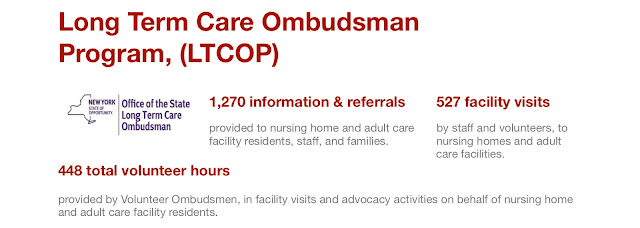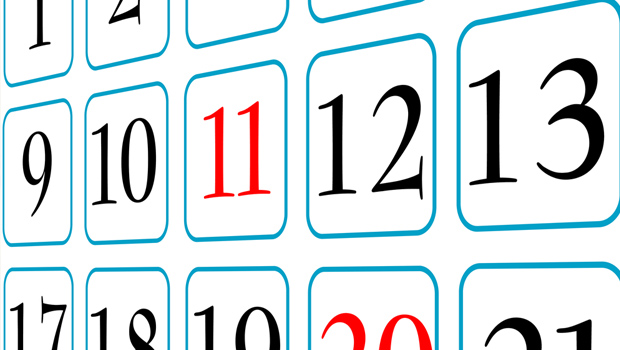Allison Jonergin
Guest Blogger
“What’s wrong?”
Guest Blogger
“What’s wrong?”
“What do you mean?”
“I don’t know. You just seem so…”
What? I seem so, what?
I seem less talkative, less energetic, less happy. So why don’t you just say that?
Asking me if I’m okay is telling me I don’t seem okay enough for you. Asking me what’s wrong is telling me you can start to see through the façade I spend so much energy daily constructing. It is not offering understanding or a helping hand. Rather, it is telling me the reality of my being sick makes you uncomfortable. Oh, and also, it’s my fault. Merry Christmas.
You’re not satisfied when I assure you I’m okay. Sure, I could rattle off the diagnoses, but I know what comes next, and quite frankly, I don’t have the energy for the emotional labor of fending off forced sympathy that I didn’t want in the first place. So I summarize and say I’m sick. I say I’m preoccupied. I say I’m tired. All of these are true, and none of them tell you what is really going on.
Pain is surging at the usual hotspots, my joints. It feels like each one has a funny bone that has just been hit with a hammer. A migraine heightens my sensitivity to the lights and sounds around me. The bones of my skull conduct the inward pain outward, like a copper panhandle, singeing my fingers when I rub my brow. My eyes feel heavy, they burn, and there is an annoying aura making it impossible to focus clearly. I feel mentally drained. It’s difficult to think, let alone speak, in complete sentences. This doesn’t stop my anxiety and depression from shouting pleasantries at each other inside my head, coming up with colorful slogans like, I don’t care about anyone, not even myself. I’m tired. I don’t want to do this anymore. How will things ever get better?
“I’m not feeling well,” I offer.
“Still?”
Yes, actually, hence the “chronic” in chronic illnesses.
Whether or not you mean to, you’re saying, “You don’t seem sick most of the time. What is wrong with you now?” I am always sick. I try my very best not to seem so. All you’re doing is acknowledging that while I can try my best to pretend I’m normal, I can’t pretend away the very real impacts my chronic illnesses have on my life.
I often get caught in a toxic cycle of overestimating how much energy I have and underestimating the effects of post-exertion malaise, a debilitating symptom of chronic fatigue syndrome, at which time your energy levels plummet and you’re left dragging your deadweight body hopefully to a bed where you can rest for several hours. As this isn’t always possible, sometimes I’m forced to interact well after my shut off valve has locked. It’s like gasping for air in outer space. To you, it probably looks closer to a mime suffocating in an imaginary box.
Would it help you to understand if I lived in a hospital? Would a hospital gown somehow put all of this into perspective for you? Would it complete the picture accompanying my narrative? Would it still be a story you’d be interested in reading?
“Still,” I say.


















